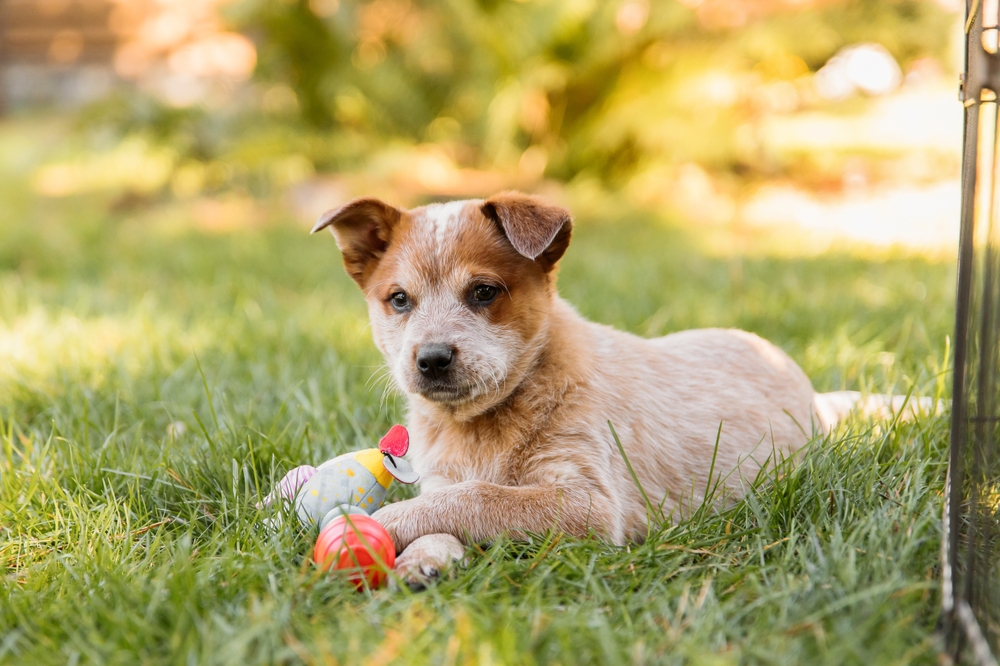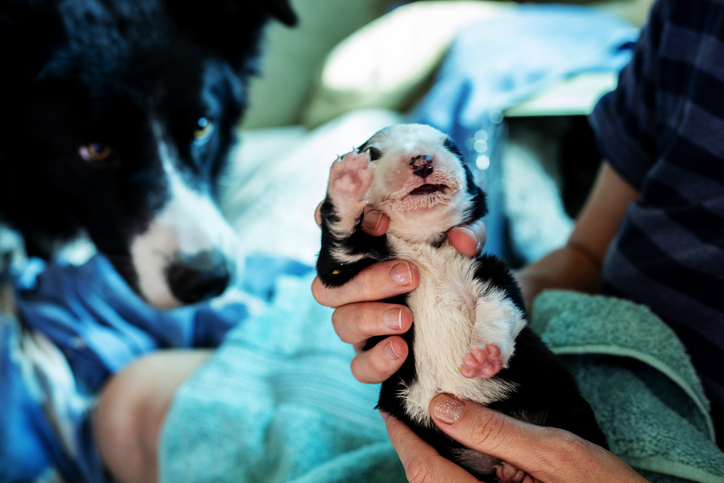The dog world can feel like a moral minefield, especially when it comes to choosing between adopting from a shelter or buying from a breeder. While “adopt, don’t shop” is a noble mantra, it’s not the only path to responsible pet ownership. You’re not doomed to eternal damnation if you’re considering a breeder.
1. You’re Supporting Ethical Breeding Practices

Reputable breeders prioritize the health, temperament, and well-being of their dogs. By purchasing from them, you’re supporting responsible breeding practices that help eliminate genetic disorders and produce well-adjusted puppies. Ethical breeders care deeply about their animals and work to improve the breed—not just make a quick buck. Choosing them ensures you’re contributing to a better canine future.
2. You’re Getting a Dog That Fits Your Lifestyle

Different breeds have specific traits that may align with your lifestyle, whether you’re looking for an active running partner or a calm lap companion. A breeder can help match you with a dog whose temperament, size, and energy levels are perfect for you. This compatibility reduces the chances of rehoming, ensuring a lifelong bond with your furry friend.
3. You’re Ensuring Your Dog’s Health History Is Known

Reputable breeders provide a full health history of their dogs, including genetic testing and vaccination records. This transparency gives you peace of mind about your dog’s potential health risks and allows you to prepare for their needs. Unlike some unknown origins in shelters, breeder dogs come with a clear understanding of their background, helping you plan for their long-term care.
4. You’re Avoiding Puppy Mills

By choosing a reputable breeder, you’re actively avoiding unethical puppy mills that prioritize profit over animal welfare. Puppy mills often keep dogs in terrible conditions, leading to unhealthy, poorly socialized puppies. Supporting ethical breeders helps starve the demand for these mills, creating a better world for dogs everywhere.
5. You’re Building a Relationship with the Breeder

Good breeders are a lifelong resource for their clients. They’ll offer advice, answer questions, and even take the dog back if unforeseen circumstances arise. This ongoing support ensures that both you and the dog are set up for success. A shelter may not always provide the same level of personalized assistance, making breeders a valuable ally.
6. You’re Preserving Specific Dog Breeds

Many breeds face declining numbers due to changing trends and a lack of breeding programs. By buying from a breeder, you’re helping preserve the existence of these breeds. Each breed brings unique qualities and characteristics to the canine world, and your support ensures their continued presence for future generations.
7. You’re Encouraging Responsible Ownership

Breeders vet potential buyers to ensure they’re ready for the commitment of dog ownership. They’ll ask about your home, lifestyle, and experience to determine if you’re a good fit. This process encourages responsible pet ownership, reducing the likelihood of surrendered or neglected dogs. Adopting this level of care benefits everyone involved.
8. You’re Investing in Temperament Testing

Good breeders carefully evaluate the temperament of their puppies and parents, ensuring you’re getting a dog with a disposition suited to your home. This testing reduces the risk of behavioral issues, making the transition smoother for you and your new pet. A well-socialized puppy means fewer surprises—and fewer chewed-up shoes.
9. You’re Supporting Dogs with Specialized Roles

Some breeds excel in specific roles, like guide dogs, therapy animals, or working dogs for farms. Breeders often specialize in producing dogs with the traits needed for these important jobs. Choosing a breeder ensures these animals are well-suited to their roles, benefiting the owner and society.
10. You’re Meeting Your Dog’s Parents

Seeing your dog’s parents gives you valuable insight into your future pet’s potential size, temperament, and appearance. Reputable breeders will happily introduce you to the puppy’s lineage, offering you a clear picture of what to expect. This transparency helps you feel confident in your decision and builds trust between you and the breeder.
11. You’re Preventing Surprise Litters

Breeders ensure their dogs are responsibly bred, spayed, or neutered as necessary, preventing accidental litters. By supporting this model, you’re discouraging the cycle of overpopulation that contributes to shelter overcrowding. Ethical breeding is a controlled process that benefits pets and people, breaking the cycle of irresponsible reproduction.
12. You’re Choosing a Dog with Predictable Traits

When you buy from a breeder, you’re selecting a dog with specific, predictable traits—coat type, energy level, or hypoallergenic qualities. This predictability is especially important for people with allergies or specific living situations. A well-matched dog is less likely to be surrendered, ensuring a stable and happy home for everyone.
13. You’re Helping Educate Others

When you choose a reputable breeder, you can share your experience and educate others about ethical breeding. This helps dispel myths and encourages informed decisions, leading to better outcomes for dogs and owners. By being a responsible advocate, you’re contributing to a more balanced conversation about pet ownership.
14. You’re Not Turning Your Back on Shelters

Choosing a breeder doesn’t mean you don’t care about shelter dogs. Many breeder clients also support shelters through donations, volunteering, or adopting other pets. Appreciating adoption and ethical breeding is possible—one choice doesn’t negate the other. Ultimately, it’s about finding the best fit for your home and life.
15. You’re Prioritizing a Lifelong Commitment

The most important thing about getting a dog—whether from a breeder or a shelter—is committing to their care for life. By thoroughly researching and choosing a dog that suits your lifestyle, you ensure they’ll have a loving, stable home. What matters most is the love, care, and responsibility you bring to the table—not where your dog came from.
